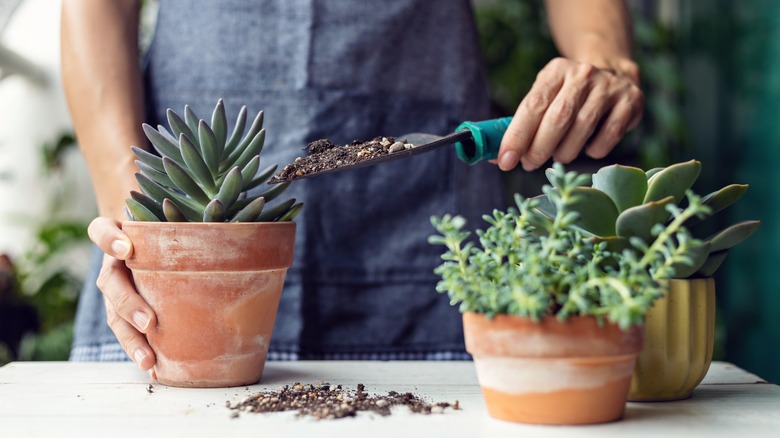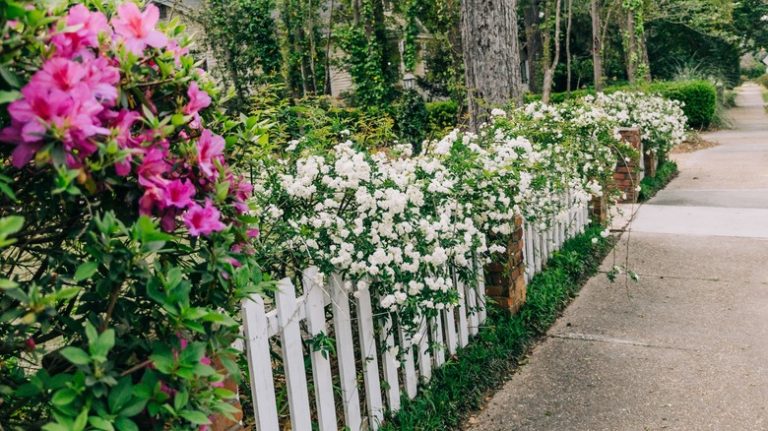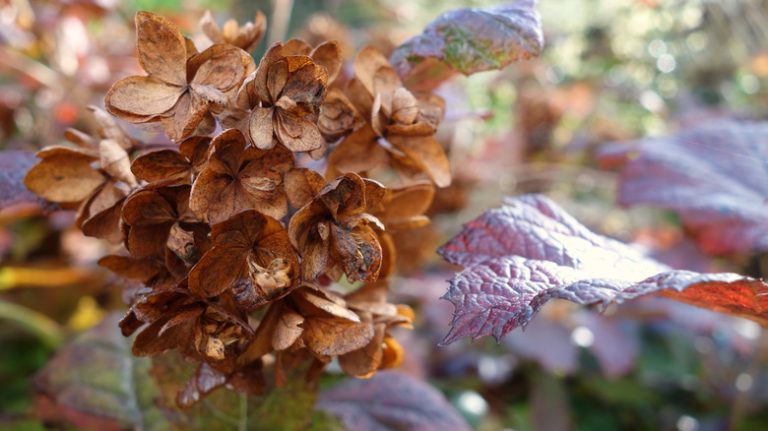With their brightly colored petals, gerbera daisies might seem perfect for adding a splash of summer to your living room or kitchen area. But while these pretty flowers can make beautiful houseplants, they might not be the best fit for everyone, especially those with pollen allergies. Be sure to discuss with a florist before choosing gerberas for your home, as there are some things to know about gerbera daisies before planting them, or even cutting them and placing them in a vase.
Gerbera daisies belong to the Asteraceae family and thrive on bright, indirect sunlight, well-drained soil, cool temperatures, and regular fertilizer. Potted gerberas are long-term companions that you can grow inside your home. They bloom repeatedly and offer a vibrant and lasting touch to any space. If you prefer bringing cut fresh flowers into your home, these flowers are short-lived beauties, lasting seven to 10 days in a vase (when properly cared for). While they are alive, they are perfect for adding temporary sunshine to your living space.
Why gerbera daisies are not ideal for those with allergies

In general, daisies are pollen powerhouses, so the cheerful blooms of gerbera daisies can quickly become problematic for those with sensitivities. Daisies rely on wind for pollination, meaning they need to release a significant amount of pollen to ensure it reaches other plants, and this happens whether they are indoors or not. This fine dust, essential for plant reproduction, can cause physical issues for allergy sufferers. Inhaling it can trigger your immune system to go into overdrive, leading to sneezing, itchy eyes, and a runny nose. For some people, it can even make breathing difficult. This means if you keep the gerbera daisies as houseplants, they can turn into a source of constant discomfort.
Pollen isn’t the only reason to be cautious with gerberas. Their love for moisture makes them prone to growing grey mold and fungal diseases. This mold has the potential to release harmful spores into the air, adding to respiratory woes as the spores can end up in your lungs from inadvertently inhaling them. Some people might even get skin irritation from touching the leaves or sap. For those with weakened immune systems or young children, these health risks are worth considering.
Succulents are low pollen alternatives

If you have allergies, luckily some houseplants can brighten up your home without causing symptoms. If you want a low-maintenance and low-allergy plant, consider succulents. These plants generally reproduce through vegetative means like offsets or cuttings, significantly reducing their reliance on pollen production. While some species do produce pollen, it’s typically minimal and less likely to trigger allergies.
These resilient plants thrive with minimal watering and require less fuss than gerberas. In addition, they do not release spores into the air. Some of the best succulents to grow indoors include the snake plant, aloe vera, and Jade plant. Beyond succulents, spider plants, Chinese evergreen, Swedish ivy, and peace lilies are also great choices for people who are susceptible to pollen allergies.
Your home should be a place of comfort and well-being. Choosing plants that suit your lifestyle and health needs is key to creating a flourishing and peaceful atmosphere. So, while gerbera daisies might be tempting, remember that pollen-free alternatives can brighten your space and provide a bit of serenity just as effectively. Choose wisely, breathe easy, and let your indoor plants bloom with happiness and ease, not allergies.



